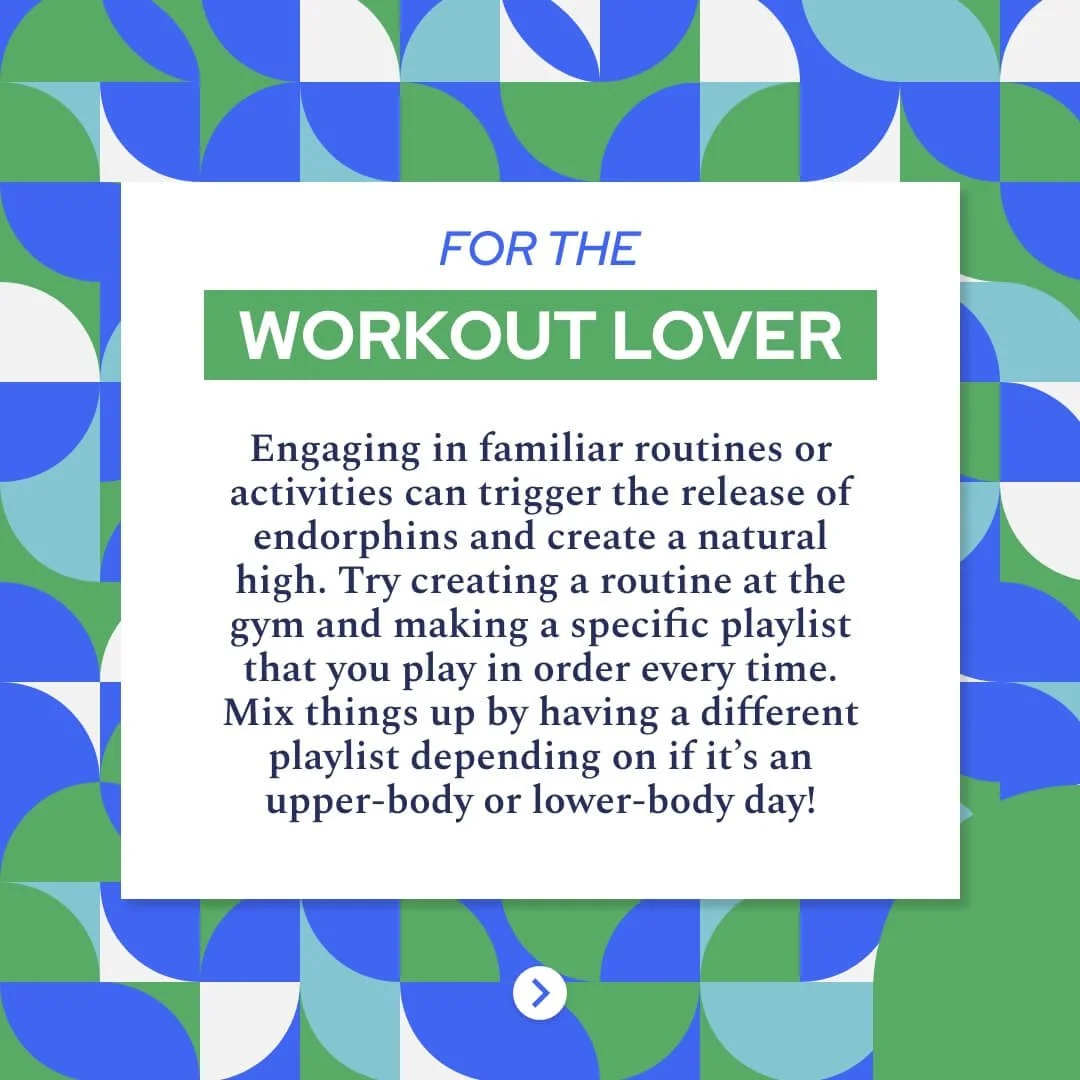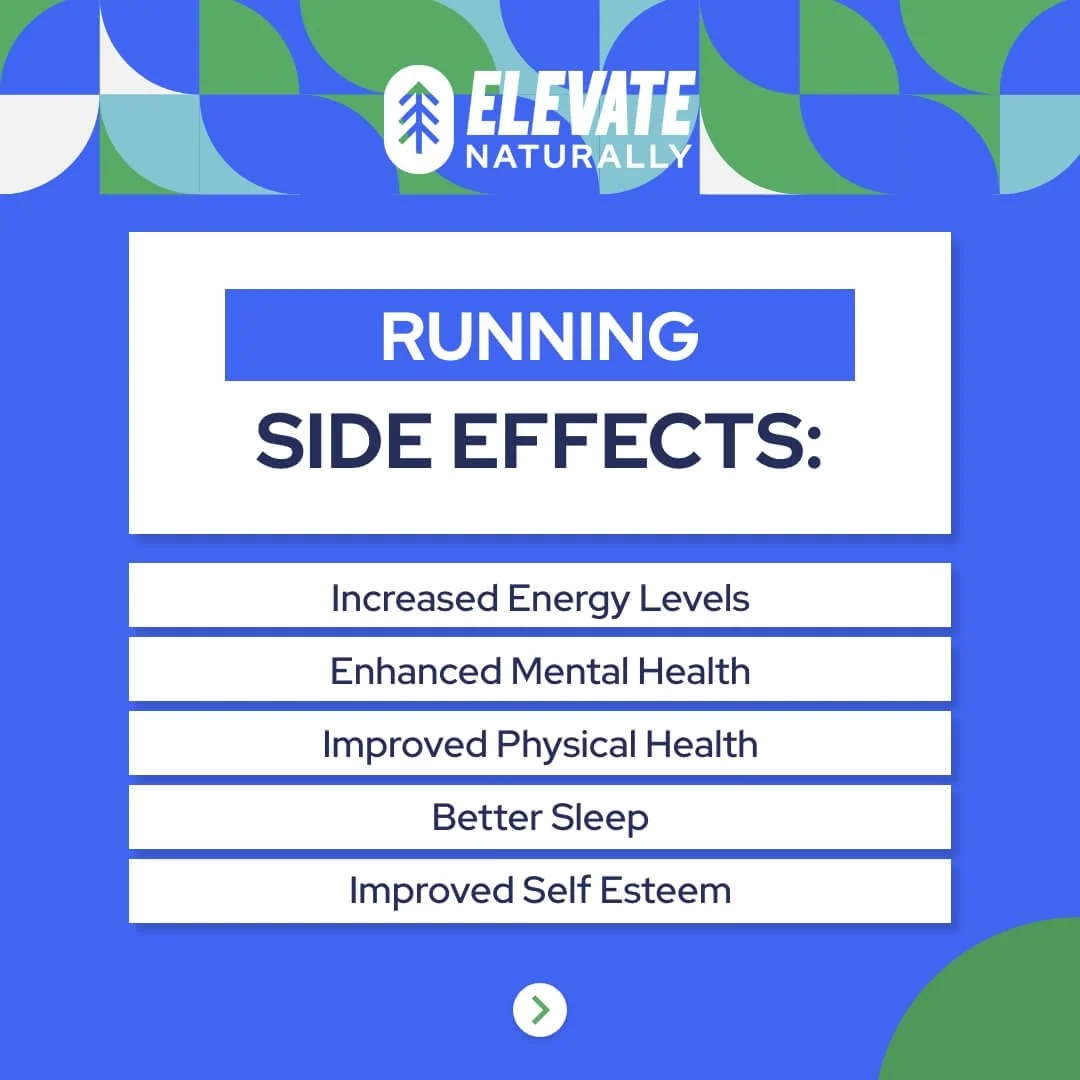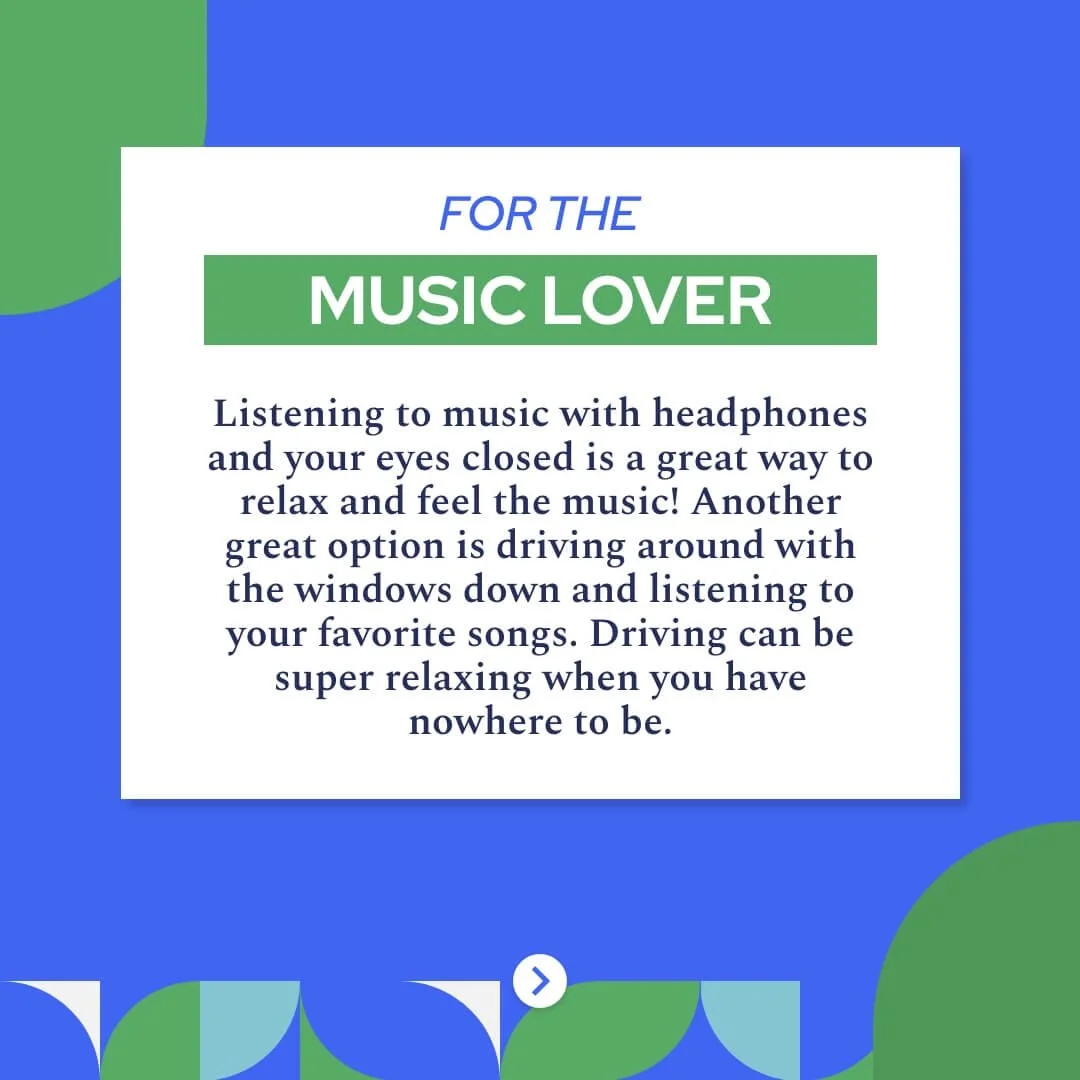
A cannabis prevention campaign created by CHASCo in response to growing concerns among college health professionals about a recent rise in cannabis use within their student populations.
Cannabis, known also as marijuana, pot, weed, bud, or grass, refers to the dried flowers, leaves, stems, and seeds of the cannabis plant.
What is Cannabis?
How does Cannabis Work?
The cannabis plant contains over 100 chemical compounds, or cannabinoids, that include tetrahydrocannabinol (THC) and cannabidiol (CBD).

THC VS CBD
THC
THC is the psychoactive compound in cannabis that interacts with the brain's receptors to create a "high,” affecting mood, perception, and behavior.
CBD
CBD is the non-psychoactive compound used for its perceived therapeutic benefits (e.g., reducing pain or anxiety).
Cannabis Strains
There are two primary strains of the cannabis plant that are thought to have distinct physiological effects.
Indica strains produce a more relaxing, sedative effect.
Indica
Sativa
Sativa strains make users feel more alert and energized.
Types of Cannabis Products
Cannabis Slang Terms
Slang terms for cannabis use are rapidly evolving and vary based on region or locale, social context, and current use trends. These terms are ones often used in casual or social contexts and that reflect youth cannabis culture.
-
Often used to refer to the act of smoking or the time of day (4:20 PM). April 20th is celebrated as unofficial cannabis culture day.
-
Short for “smoke session,” refers to a gathering or time spent smoking marijuana with friends.
-
Reference to smoking marijuana, often used as "blaze up" or "let’s blaze."
-
Used to describe the act of getting high or being in an elevated state of euphoria after consuming Cannabis.
-
Slang for top-shelf, high-quality cannabis, often used in rap culture.
-
To take a puff of marijuana, often used in the phrase "take a toke."
-
Terms refer to the feelings or effects of being under the influence of Cannabis.
-
Refers to the smoke created when cannabis is smoked, as in "catch a cloud."
-
A specific strain of cannabis, often used generically to refer to any cannabis, especially in pop culture.
Cannabis Potency
In the last several decades, the THC content of cannabis has changed substantially. Studies of cannabis products sold in online dispensaries found even higher potency, averaging 22% THC and a range from 0 to 45%. Any product with greater than 10% THC concentration is considered to be “high potency.”
The average percentage of THC in illicit cannabis samples seized by the DEA has quadrupled between 1995 and 2022 (4% to 16%).
Potency Monitoring Program, NIDA
How Does Potency Affect Cannabis use?
The greater the potency of cannabis products, the greater the likelihood of adverse health consequences.
Higher-potency THC can lead to stronger, more intense psychoactive effects, which may increase the risk of negative side effects such as…
Anxiety
Paranoia
Cognitive Impairment
1 in 10 current cannabis users in college and university settings reported experiencing health, social, legal, or financial problems associated with their use.
Cannabis Cost Calculator
The Cannabis Cost Calculator is an interactive tool for estimating the cost burden of regular cannabis use, which factors in how frequently students use and how much they spend on each purchase. The purpose of the tool is to motivate college students to make healthier decisions by highlighting the potential cost-savings of modifying their use. Cost-based strategies may help discourage initiation, prompt more quit attempts, and encourage students to reduce their consumption.
Ever consider how much one spends on cannabis in a year?

The average age of initiation to cannabis use among Tennessee higher education students was 17.4 years
For young adults, whose brains are still developing, high-potency cannabis can interfere with memory, learning, and emotional regulation, and has the potential to affect academic and social outcomes.
Young adults aged 21 and older can legally purchase Delta-8 products in Tennessee
although regulatory authorities have raised health and safety concerns about its use.
(Tenn. Code Ann. § 43-27-202),Delta-8 vs Delta-9
Delta-8 THC is a cannabinoid derived from hemp. Its chemical composition is similar to Delta-9 THC but it produces milder psychoactive effects. Delta-8 is often marketed as a legal alternative to Delta-9 THC.
Health Consequences of Cannabis Use
While students may perceive potential benefits, research has clearly linked the use of cannabis products to both short and long-term negative health effects.
-
Cardiovascular effects: Cannabis use elevates heart rate and blood pressure, potentially worsening underlying heart conditions.
Impaired cognitive function: Cannabis use temporarily impairs memory, learning, and attention.
Impaired decision-making: Cannabis use affects executive functions related to decision-making and risk assessment. Young adults who use cannabis are more likely than nonusers to engage in alcohol or tobacco use and sexual-risk behaviors.
Impaired motor function: Use can impair motor skills and coordination, such as balance and reaction time, increasing the risk of injuries or accidents.
Changes in mood or anxiety: Although cannabis can have a relaxing effect, some students who use may become disoriented or experience anxiety or paranoia, particularly with higher-potency products.
25% of students attending Tennessee colleges and universities who used cannabis in the past month reported using every day or nearly every day
-
Brain health and development: Young adulthood is a critical period for brain development when exposure to high levels of THC can have significant, lasting effects on brain structure, function, and behavior.
Mental health problems: Cannabis use has been associated with co-occurring mental health issues, including anxiety, depression, and other mood disorders.
Sleep quality: Cannabis users often rely on cannabis to help sleep; however, research shows that daily cannabis users experience more insomnia symptoms and worse sleep quality than both less frequent users and nonusers.
Cardiovascular issues: Smoking cannabis has been linked to increased risk of stroke, heart disease, and other vascular problems.
Respiratory issues: Smoking cannabis can cause respiratory issues, such as chronic coughing, bronchitis, and an increased risk of lung infections.
Gastrointestinal problems. Long-term, heavy cannabis use can lead to a condition known as cannabinoid hyperemesis syndrome, which causes repeated and severe nausea, vomiting, and abdominal pain, which only resolves after cannabis use is discontinued.
All data above can be found here
Myths versus Realities
There are several common misconceptions about cannabis use that relate to student health and safety.
Prevention education and awareness raising campaigns that correct these misconceptions by providing clear and accurate information can be effective tools for changing risk perception and helping students make more informed choices.
Below are examples that can be integrated into prevention campaigns
Reality
While cannabis is often seen as less harmful than alcohol or tobacco, even occasional cannabis use can increase risk for serious adverse health consequences. Compared to non-users, both occasional and regular cannabis users are more likely to visit an emergency room or be hospitalized. Nationally the rate of emergency room visits among 18-25 years olds for cannabis-related issues increased by 13% from 2022 to 2023.
-
Cannabis Is Not Harmful
-
Cannabis Is Safe Because It’s Legal
Reality
Just because cannabis is legal in some states does not make it safe. In fact, states that have legalized recreational cannabis use have a higher prevalence of cannabis disorder. Knowledge about the long-term health effects of cannabis use, particularly higher potency THC, is also relatively limited due to tight restrictions on federal research. Even legally purchased cannabis products are not well-regulated, posing additional health and safety risks.
-
Using Cannabis Improves Academic Performance
Reality
While some college students think using cannabis will enhance their academic performance, by sharpening their focus or reducing stress, research suggests that cannabis use impairs memory, attention, and learning. Frequent cannabis use is also associated with poor class attendance, lower GPA, and delayed graduation.
-
Cannabis is Non-Addictive
Reality
About 30% of cannabis users will develop a CUD, with risk increasing with earlier and more frequent use. Even non-dependent users can experience withdrawal symptoms after stopping or cutting back on heavy or long-term use. Using high potency THC is even more dangerous and more likely to result in dependence.
-
You Can’t Overdose on Cannabis
Reality
While fatal overdoses from cannabis are extremely rare, consuming too much THC, known in slang as ‘greening out,’ can cause extreme confusion, anxiety, paranoia, and hallucinations, and may require medical attention. The risk is highest when trying new forms of cannabis or using high potency products or concentrated forms, like edibles or oils.
-
Driving After Using Cannabis is Safe
Reality
Young people often underestimate the risks of driving under the influence of cannabis. Some even believe their driving ability improves after use. In reality, THC slows reaction times, distorts perception, and increases the risk of accidents.
Driving Under the Influence
Tennessee state law (§ 55-10-401) specifically states that it is illegal to operate a vehicle under the influence of any drug, including cannabis. If a driver is found to be impaired, they can be charged with driving under the influence (DUI). Tennessee does not have a clear “legal limit” for THC levels in the blood, unlike states with more prescribed cannabis laws. This makes determining impairment more difficult. Penalties for DUI involving cannabis or other drugs include fines, license suspension, mandatory alcohol or drug education programs, and jail time.
These free resources, created with funding from the Tennessee Department of Mental Health and Substance Abuse Services (TDMHSAS), are to be used as part of a coordinated state effort to prevent and reduce cannabis misuse and related consequences across the state
Ready to Use Cannabis Resources
ADDITIONAL MARIJUANA RESOURCES
View our other initiatives
-

Exploring the Intersection Between Substance Use & HIV
Assessing Risk and Resources
-

Reducing Impaired Driving
Developing Leaders and Implementing Safe Practices
-

Campus Overdose Prevention & Response Project
Providing overdose education and response materials
Join Us
By uniting our efforts, we can create a safer, healthier educational environment for all students. Join CHASCo today and be part of the solution! Download our membership application and email it to our Director at matthews@ticua.org.
Member Institutions
We are proud to collaborate with 45 institutions dedicated to enhancing campus health and safety.




